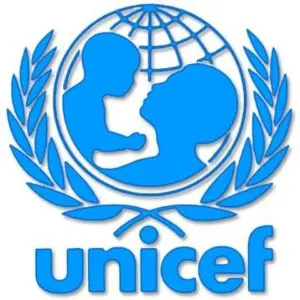
By Femi Bolaji
The United Nations Children’s Fund, UNICEF, has said that the reduction in the zero-dose children burden in Taraba State to 4% was achieved through improved coverage of remote areas and the availability of vaccines in the most distant parts of the state.
UNICEF stated that this achievement followed the Memorandum of Understanding (MOU) signed in 2022 between the Global Alliance for Vaccine and Immunization (GAVI) and the Taraba State government through UNICEF.
UNICEF’s health officer at its Bauchi Field office, Oluseyi Olosunde, in an exclusive telephone chat with Vanguard, said that GAVI’s intervention, jointly implemented with the Taraba State government, has strengthened healthcare at the grassroots.
He noted that many positives have been achieved, and Taraba, according to his assessment, could be classified as a good soil for such investments.
He said, “Before the intervention of GAVI, Taraba had a zero-dose children burden of 24% in Gassol Local Government Area.
“After two years of investment in vaccine availability, access, and improved coverage, the zero-dose burden has now reduced to 4%.
“Routine immunization coverage and primary health care services have greatly improved, with fully immunized children increasing from 49% in 2022 to 80% currently.
“Vaccine availability has also been decentralized, with the state now having zonal vaccine cold stores in Takum and Gassol LGAs, in addition to the one provided by the state government at the Federal Medical Centre, Jalingo.
“The three cold stores are in the three senatorial zones and have made vaccines closer to the people.”
Olosunde also mentioned that 156 motorcycles and 3 Hilux vehicles were provided to the state government to enhance vaccine coverage and distribution across the state.
He further noted that the intervention, which has strengthened service delivery, provided governance structures, increased manpower, decentralized vaccine availability, and expanded community engagement, has gulped N1.6 billion in over two years.
Disclaimer
Comments expressed here do not reflect the opinions of Vanguard newspapers or any employee thereof.